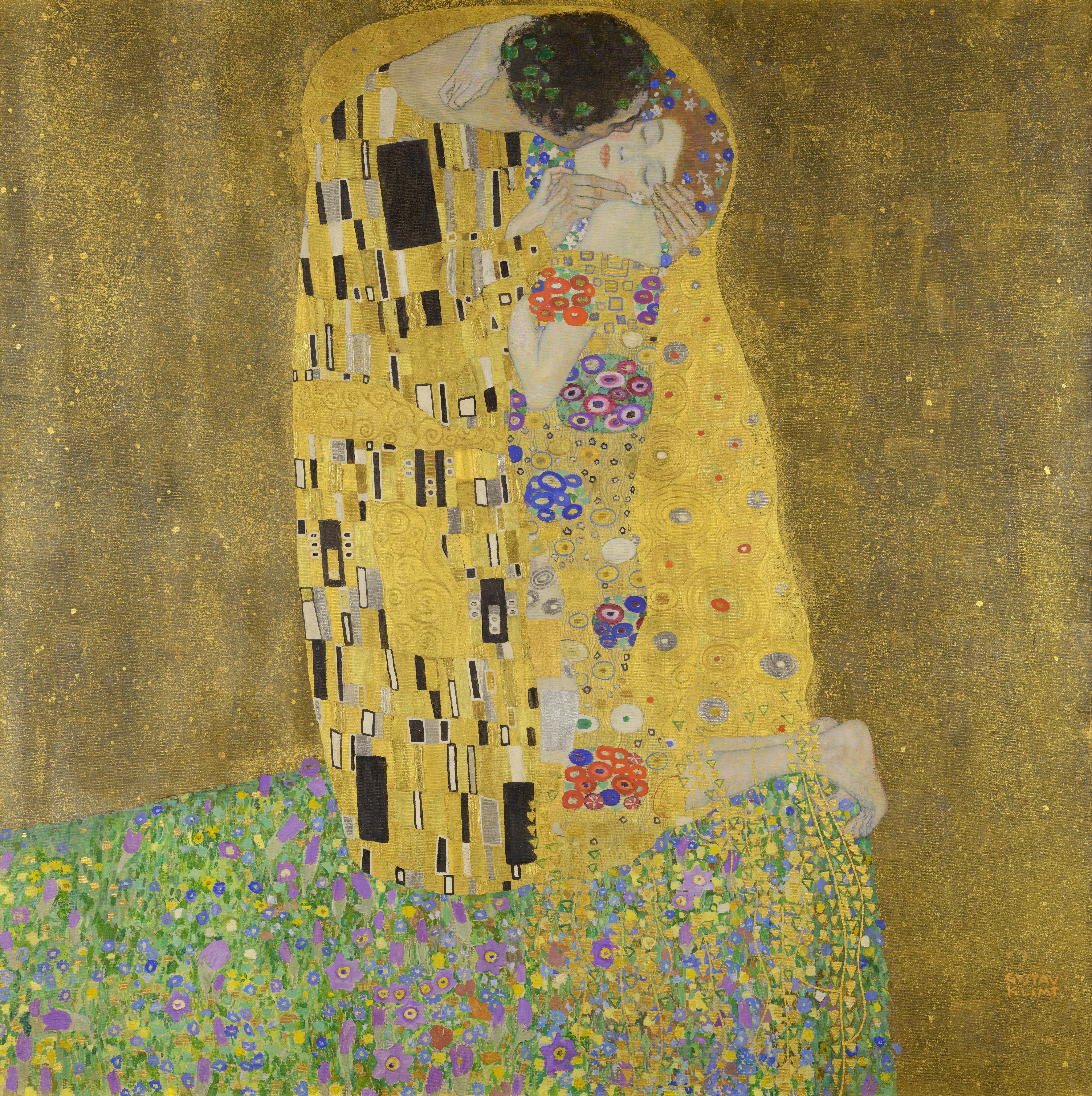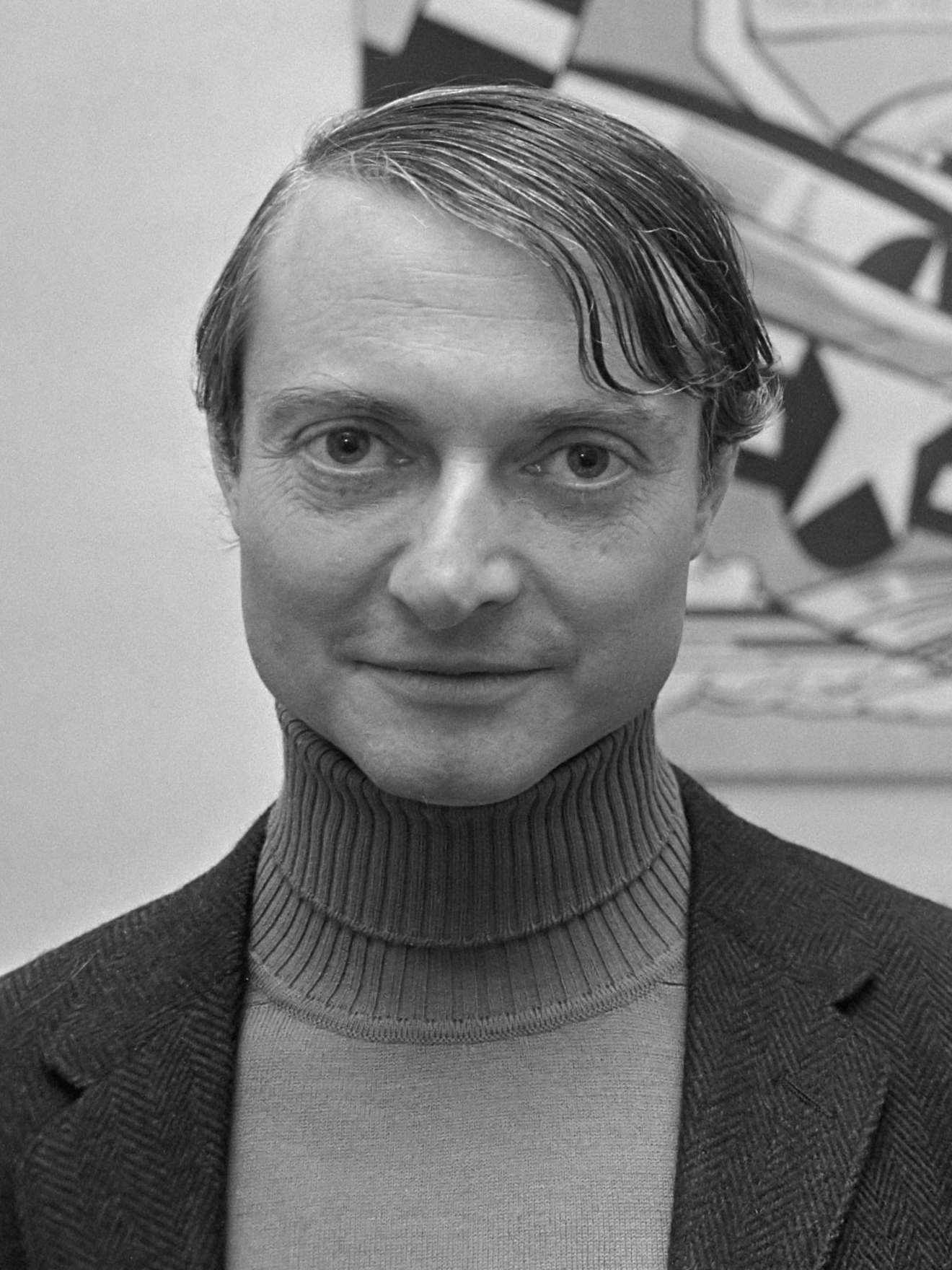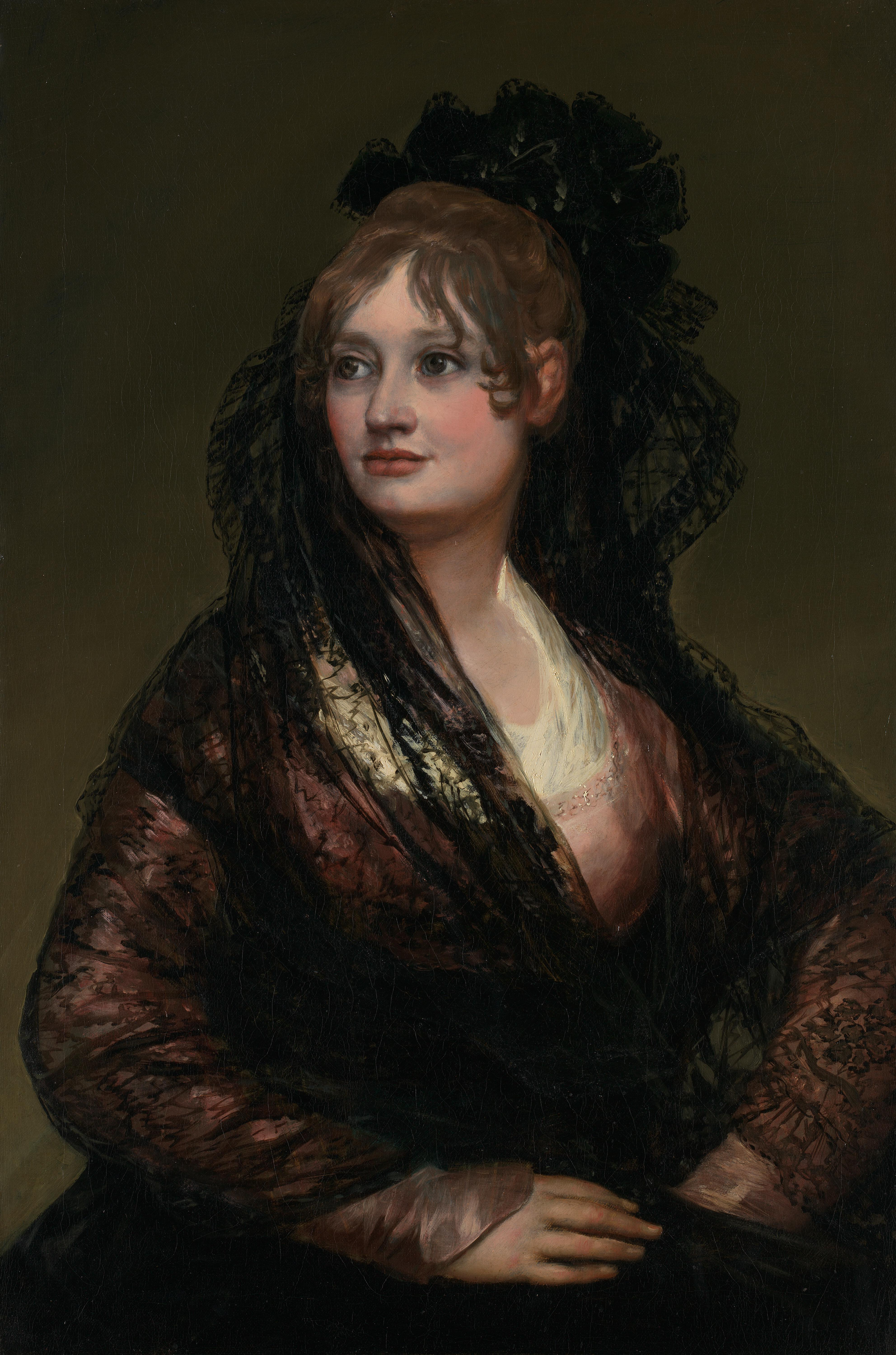
Ever wondered about the IQ of great artists? Take Egon Schiele, for instance. This Austrian painter was a real genius in his field.
Unfortunately, there’s no record of Schiele’s exact IQ score. However, analyzing his work gives us some insightful clues. His complex pieces that push boundaries and norms reflect a high level of intelligence.
Schiele was a student of Gustav Klimt. Klimt’s influence prompts us to assume Schiele’s IQ was relatively high as well. After all, it’s no small feat to be taken under the wing of such a master.
While there’s no definitive answer to Schiele’s IQ, experts agree his intellectual prowess was notable. His expressive, innovative style portrays a deep emotional understanding. This points to a high EQ, which often correlates with a high IQ.
It’s fascinating to speculate on the IQ of such a ground-breaking artist. The absence of a specific number doesn’t diminish Schiele’s brilliance. His work speaks volumes about his intellectual and emotional intelligence.
Remember, IQ is only one measure of intelligence. Schiele’s groundbreaking artistry provides evidence of his exceptional creative intelligence. It’s an intriguing topic, isn’t it?
Egon Schiele’s Early Life and Education
Let’s talk about Egon Schiele’s childhood.. Born in the small Austrian town of Tulln, on June 12, 1890, he was the third child of Adolph and Marie Schiele. His father, a station master, was passionate about trains. Young Egon, though, showed an early affinity for the arts.
Tragedy struck when Schiele was just 15. His father died of syphilis, leaving the family in turmoil. Egon was placed under the guardianship of his maternal uncle, Leopold Czihaczek.
In 1905, Schiele’s drawing skills caught the attention of his school teachers. They suggested he join the Vienna Academy of Fine Arts. At the age of sixteen, Schiele headed to Vienna.
Vienna Academy of Fine Arts
The time spent at the academy was crucial for his artistic development. His professors included Christian Griepenkerl and Josef Mathias Trenkwald, known for their traditional teaching methods. Schiele, however, was restless and sought innovation.
At the academy, he met other like-minded artists. Together, they formed the New Art Group, disrupting the conservative art scene. Schiele left the academy in 1909, having grown frustrated with the institution’s restrictions.
Despite the obstacles, Schiele’s early years and education formed the foundations of his art. His works continue to inspire and provoke, marking him as one of the significant figures in 20th-century art.
Speculations and Claims About Egon Schiele’s IQ
The IQ of Egon Schiele, a famous Austrian painter, often sparks curiosity and debate. Scores of admirers speculate Schiele’s IQ to be exceptionally high, given his revolutionary contributions to the field of expressionism.
In the public view, Schiele’s representation of the human form was unprecedented and unique. This suggests an advanced cognitive ability. His work suggests a heightened sense of perception, spatial intelligence, and an uncanny grasp of abstraction.
Schiele’s ability to create intricate, emotionally charged artworks at such a young age also hints at an exceptional IQ. Some art historians suggest that his astounding productivity and complex compositions reflect a superior intellectual capacity.
Moreover, Schiele’s correspondence and writings are also indicators of his high intelligence. His profound thoughts on art and life demonstrate an incredible depth of understanding and a broad perspective, often linked to high IQ.
However, no official records of Schiele’s IQ exist. Hence, any suggestion of an exact figure would be purely speculative. The intense public fascination around this subject testifies to the significance attributed to IQ, serving as an index of intellectual prowess.
Despite this, it’s important to note that Schiele’s genius transcends numerical IQ measurement. His intellectual depth, manifested through his artwork, suggests a level of intelligence that’s tough to quantify. Yet, the speculation around Schiele’s IQ continues, testament to the undying intrigue surrounding this extraordinary artist.
The compelling beauty and emotional depth of Schiele’s work leave no room to doubt his intellectual prowess. His mastery of form, color, and composition is evidence of a mind that functioned on a higher plane.
Any claim regarding Schiele’s IQ remains speculation, but it’s clear he possessed an exceptionally nimble mind. The world continues to marvel at his artistic genius, which hints at a formidable intellect, a testament to the relevance and fascination of IQ.
Egon Schiele’s Intellectual Achievements
When it comes to the early 20th-century art, Austrian painter Egon Schiele’s name cannot be missed. His unique style, innovative approach, and revolutionary impact on the art world are indicative of a remarkably high intellect. Many of Schiele’s intellectual achievements and his creative approach suggest a high IQ, although it was never officially measured.
Artistic Innovation
Schiele’s work was groundbreaking for his time. His ability to challenge conventions, combined with a unique approach to form and color, demonstrates a high level of creative thinking and intellectual complexity. Schiele’s focus on emotive figure painting and his extensive self-portraits demonstrate an advanced capacity for introspection and self-awareness, traits often associated with high intelligence.
Conceptual Understanding
The conceptual depth in Schiele’s work is a clear sign of his high intellectual capacity. He explored themes of human sexuality, existential angst, and mortality far beyond the typical level of his contemporaries. This ability to delve deep into complex subjects and articulate them visually signals a high level of cognitive functioning.
Technical Skill and Attention to Detail
Another indication of Schiele’s high IQ can be seen in his technical skills. He had a remarkable ability to capture the human form with precise detail and an unparalleled sense of line and contour. His capacity to master these intricate details at such a young age underlines a quick learning ability, a trait often attributed to those with higher IQ levels.
Enduring Influence
Despite his short life, Schiele’s influence on the art world is immeasurable. His work continues to inspire contemporary artists and remains highly valued among art collectors. This enduring legacy points to Schiele’s ability to generate original ideas with lasting impact, a characteristic of highly intelligent individuals.
While we may never know Egon Schiele’s exact IQ, his artistic innovation, conceptual depth, remarkable technical skills, and enduring influence all point to a highly intelligent mind. His intellectual achievements demonstrate an extraordinary level of cognitive functioning that continues to resonate in the world of art.
Egon Schiele’s IQ
Egon Schiele was a true genius in the art world. An Austrian expressionist, he was well-known for his introspective and provocative paintings. His work was complex, thought-provoking and displayed a high level of intelligence and creative genius.
Unfortunately, no actual IQ test results are available for Egon Schiele. However, we can extrapolate a range from circumstantial evidence and comparisons. Highly gifted people often have IQs above the 130 range.
Consider his achievements. Schiele was a highly productive artist by the time he was 20. His work was groundbreaking, pushing the boundaries of traditional art and introducing new themes and techniques. This level of innovation and productivity points to a high IQ.
His ability to create intricate, symbolic art pieces is a testament to his intelligence. His work required an understanding of human anatomy, colour theory and composition. All of these factors suggest a high level of cognitive ability.
Also, the emotional depth of his work indicates a high emotional intelligence. This isn’t typically included in IQ calculations though. Yet, it’s a form of intelligence that scholars associate with gifted individuals.
Schiele’s life was tragically short. He died at 28 during the 1918 flu pandemic. Despite his early death, his contributions to the art world were profound and enduring.
Based on his artistic achievements and skills, it’s reasonable to estimate Schiele’s IQ to be in the 130 to 145 range. This places him well above the average intelligence level. However, IQ is merely one measure of intelligence. His artistic genius, innovation, and emotional depth suggest a complex and multifaceted intellect.
Remember! IQ is not the only measure of genius. Schiele’s art continues to inspire and provoke thought, a true testament to his intellectual prowess..










